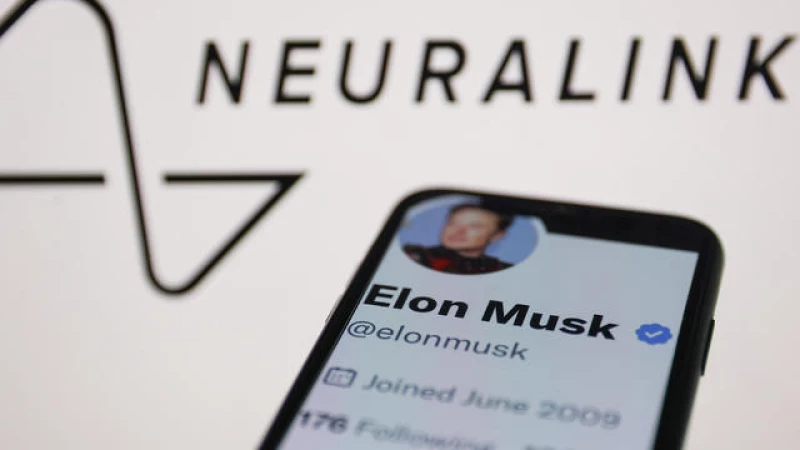Neuralink's Brain-Computer Interface Faces Challenges in First Human Subject
Neuralink's innovative brain-computer interface device has hit a snag after being implanted in its inaugural human recipient, as disclosed by the company founded by Elon Musk.
Following the surgical implantation in late January, some of the device's electrode-studded threads began retracting from the brain tissue of quadriplegic Noland Arbaugh approximately a month later. This retraction led to a decrease in data transmission, Neuralink detailed in a blog post published on Wednesday.
The Wall Street Journal initially reported on the malfunction that resulted in a reduction in bits-per-second, a metric for the speed and precision of the patient's ability to manipulate a computer cursor through thoughts.
Neuralink addressed the issue with various software enhancements, leading to a "rapid and sustained improvement in BPS, that has now superseded Noland's initial performance," the company stated.
Currently, the company is concentrating on enhancing text input for the device and cursor control, with aspirations to extend its application to include robotic arms and wheelchairs in the future.
In September, Neuralink announced that it had obtained approval from U.S. regulators to enroll human participants in the trial, aiming to leverage technology to assist individuals with traumatic injuries in operating computers solely through their thoughts.
The Food and Drug Administration Approves Trials for New Medical Device
Recently, the Food and Drug Administration gave the green light for trials of a cutting-edge medical device. This device, although innovative, has not yet received the necessary regulatory approvals for widespread or commercial use of the technology.







